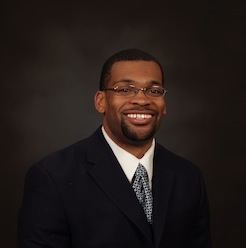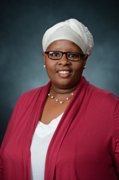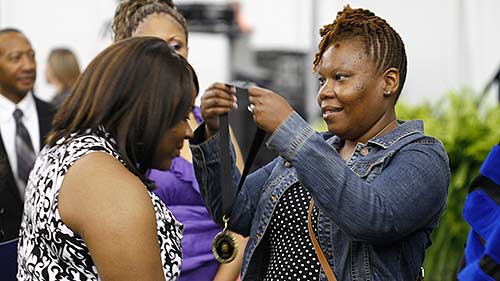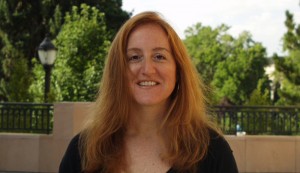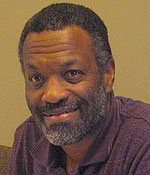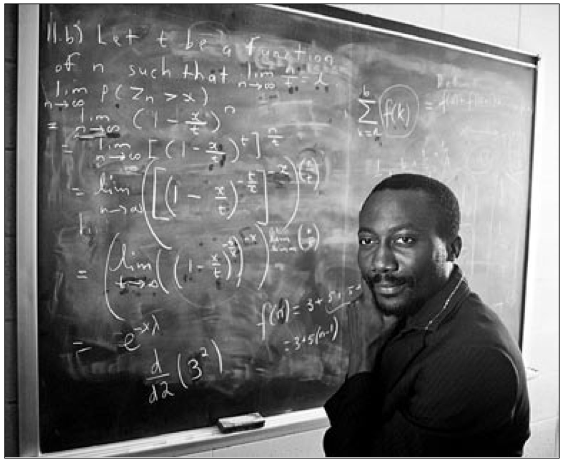Thái Hoàng Lê will use funds to study prime numbers
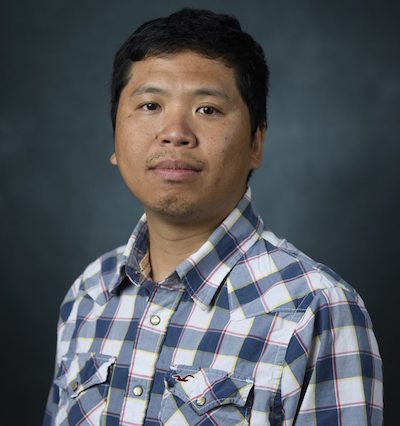
Thái Hoàng Lê, assistant professor of mathematics
A University of Mississippi faculty member has been selected for a prestigious Ralph E. Powe Junior Faculty Enhancement Award from Oak Ridge Associated Universities.
Thái Hoàng Lê, assistant professor of mathematics, is the third UM faculty member to win the honor. The awards, which run for one year, provide seed money for research by junior faculty at ORAU member institutions with the goal of enriching the research and professional growth of young faculty and resulting in new funding opportunities.
ORAU provides $5,000 for the award, and the winner’s institution is required to match it with at least an additional $5,000.
“I was excited and felt that I was lucky because the award is very competitive, with applicants from many universities and across multiple disciplines,” Lê said. “I am happy because the award is a recognition for my potential to do interesting work. I will use the award for summer support and travel to attend conferences and visit collaborators.”
Lê’s research involves finding patterns in prime numbers, numbers divisible only by themselves and 1.
“For example, can we find an infinite number of pairs of primes which differ by 2?” he said. “Questions like this have been studied since the ancient Greeks, mostly for aesthetic reasons, but since several decades ago, number theory and prime numbers have found practical applications in computer science, such as in coding theory and cryptography.
“As such, prime numbers are ubiquitous in real life, as in cryptosystems to encode messages sent over the internet.”
Research project must be in one of five disciplines to qualify: engineering and applied science, life sciences, mathematics/computer sciences, physical sciences, and policy, management or education.
Previous UM recipients were Davita Watkins, assistant professor of chemistry and biochemistry in 2015, and Nathan Jones, assistant professor of math and computer information science, in 2011.
Originally from Vietnam, Lê earned his undergraduate degree at École Polytechnique in France and his doctorate at the University of California at Los Angeles. He received a gold medal in the 40th International Mathematical Olympiad, an event for high school students, in 1999.
A faculty member at the University of Mississippi since 2015, he teaches several courses, including calculus and analytic geometry.
Lê has been a member of the Institute for Advanced Study and has held post-doctoral positions at the University of Texas at Austin and at École Polytechnique. His research on problems in combinatorial number theory is of interest to some of the very best mathematicians in the world.
“While I view myself as a pure mathematician, I also use my expertise to collaborate with computer scientists and work on applications of number theory and combinatorics to computer science,” he said.
“One of our papers is on randomness extractors; that is, how to convert a source of weak randomness into strong randomness. Of course, randomness is ubiquitous in real life, and we desire perfect, or unbiased, randomness.”
Lê deserves his recognition, said James Reid, chair and professor of mathematics.
“Dr. Lê has an impressive research pedigree for a young mathematician,” Reid said. “He has 17 publications in some of the best mathematics journals in the world, such as the Proceedings of the American Mathematical Society and the Journal of Number Theory.
“Dr. Lê recently received a prestigious research award from the National Science Foundation. The Department of Mathematics is very proud that Dr. Lê’s cutting edge research in additive number theory has been nationally recognized.”
For more about the Department of Mathematics, visit http://math.olemiss.edu. For more about ORAU, visit http://orau.org.
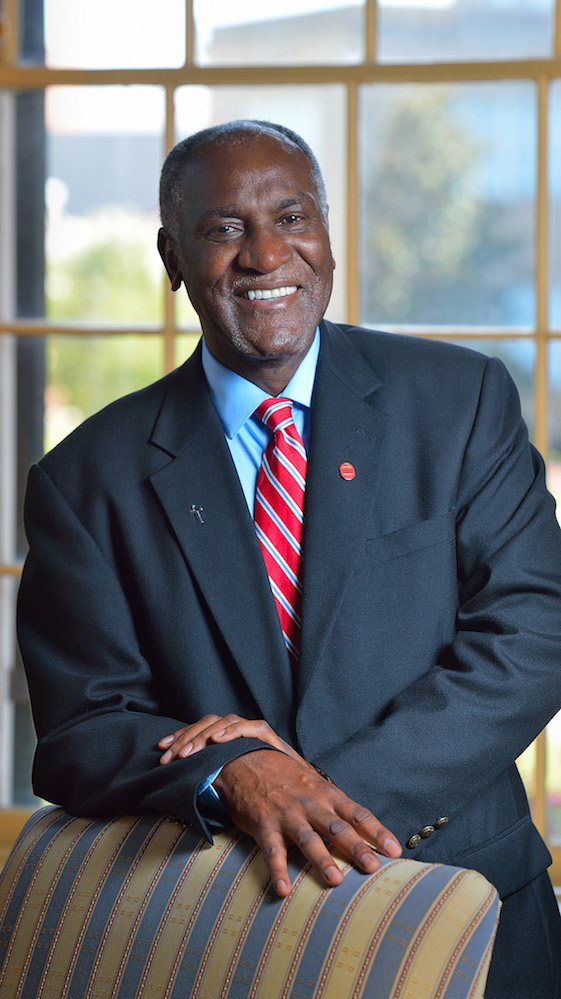
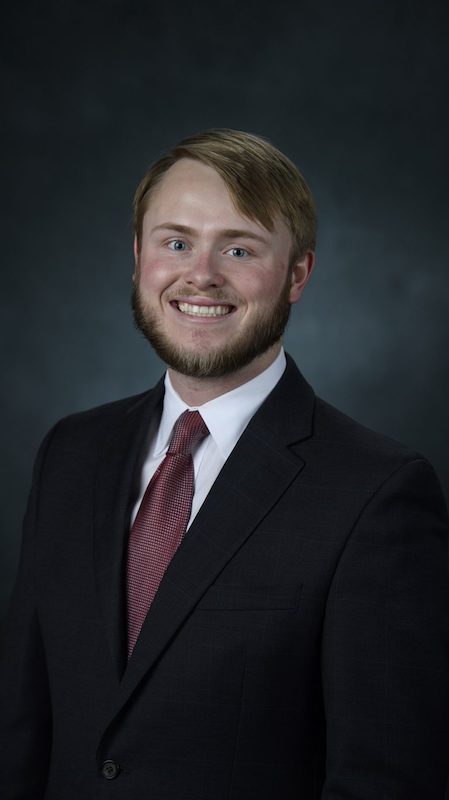
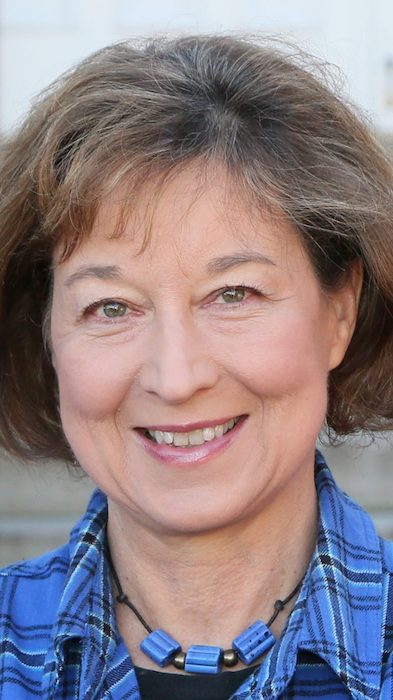
 Nine
Nine 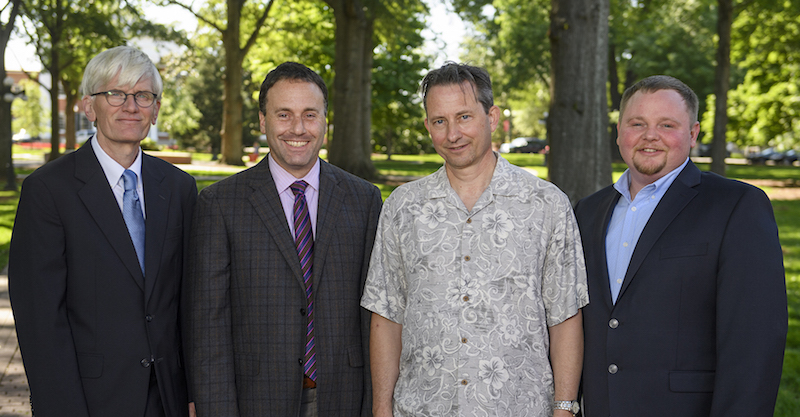
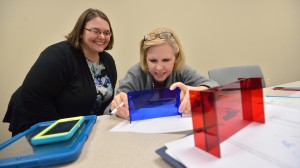
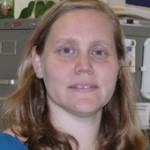
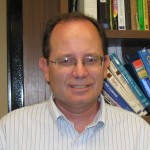
 University of Mississippi students and staff will be spearheading efforts to promote healthy lifestyles in Lafayette County and Oxford during 2016 Martin Luther King Jr. Day observances.
University of Mississippi students and staff will be spearheading efforts to promote healthy lifestyles in Lafayette County and Oxford during 2016 Martin Luther King Jr. Day observances.